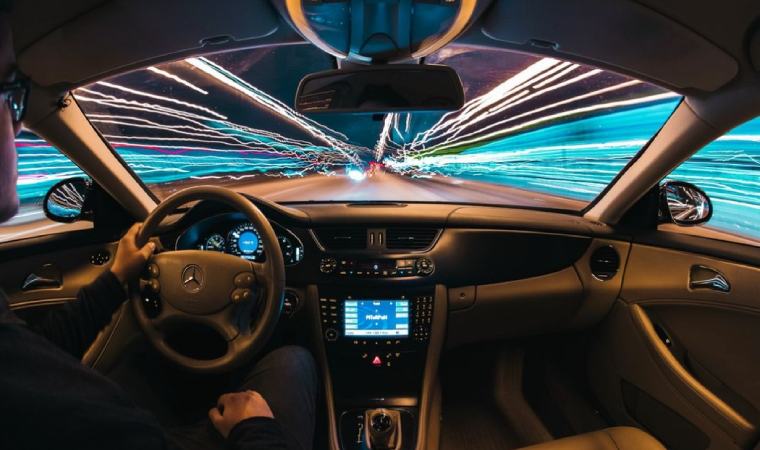According to the latest data from the German Federal Motor Vehicle Administration, the total number of new car registrations in Germany in 2020 is 2.9 million, a decrease of 19.1% compared to 2019; the number of new car registrations for electric vehicles has increased against the trend. According to statistics from the Baden-Württemberg Research Center for Solar Energy and Hydrogen Energy, the number of new registrations of electric vehicles in Germany has increased sharply from nearly 110,000 in 2019 to nearly 395,000 last year, an increase of 260%, and the number of new registrations has jumped. Ranked second in the world.
Stesch, executive director of the Baden-Württemberg Solar and Hydrogen Research Center, pointed out that the prosperity of the German electric vehicle market last year was mainly due to high subsidies. In the economic stimulus package in response to the new crown pneumonia epidemic, the existing “innovation subsidy” for electric vehicles has been further increased. Pure electric vehicles priced below 40,000 euros (1 euro equals 7.72 yuan) can receive a subsidy doubled from 3,000 euros to 6,000 euros, and another car company subsidizes 3,000 euros; plug-ins priced from 40,000 to 65,000 euros Electric hybrid vehicles can receive a minimum subsidy of EUR 5,625. In addition to car purchase subsidies, electric vehicles can also enjoy tax incentives: pure electric vehicles are exempt from auto tax policy, the period will be extended from 2025 to 2030, and car buyers can also enjoy a 2% value-added tax reduction.
According to data from the German Federal Motor Vehicle Administration, in December last year, the market share of electric and hybrid vehicles in Germany exceeded that of traditional diesel-engine vehicles for the first time. German Federal Minister of Economy and Energy Altmeier believes that relevant subsidies will further promote the development of the German electric vehicle industry, which is beneficial to consumers, car companies, and environmental protection.
According to the economic stimulus package, the German government invested 2.5 billion euros specifically for the expansion of a more modern, safe and stable electric vehicle charging infrastructure, as well as technology research and development in the fields of electric transportation and electric batteries. In addition, the government will allocate 2 billion euros to promote technological innovation of car manufacturers and parts suppliers. Thanks to the strong support of the government, all parties in the German auto market are actively embracing electrification and digitalization.
Among the top six car companies in global sales of electric vehicles, there are three German car companies: Volkswagen, BMW and Daimler. Take Volkswagen as an example. Last year, of the newly registered electric vehicles worldwide, more than 420,000 were sold by the Volkswagen Group, ranking second in the world. Volkswagen announced last year that it will invest more than 11 billion euros in the field of electric vehicles from 2020 to 2024 and accelerate various reform measures, including the adjustment and repositioning of the Volkswagen Group’s headquarters in Wolfsburg to build electric vehicles. The goal of the car super factory is to produce a new type of electric car with more optimized and advanced batteries and software. German car companies such as BMW and Daimler have also increased their investment in the field of electric vehicles, hoping to substantially increase the sales share of electric vehicles.
The German Automobile Industry Management Center predicts that electric vehicles will account for about 15% of the total number of new car registrations in Germany this year. The director of the agency Bratzell believes that with the full support of the government, the acceptance of electric vehicles in the German car market will increase.




